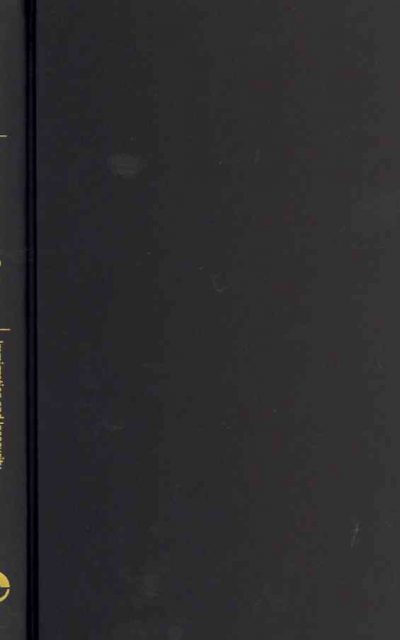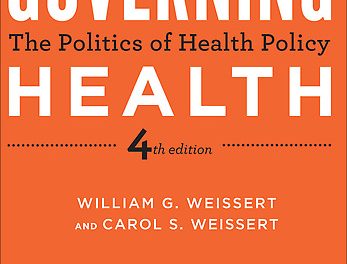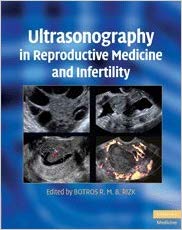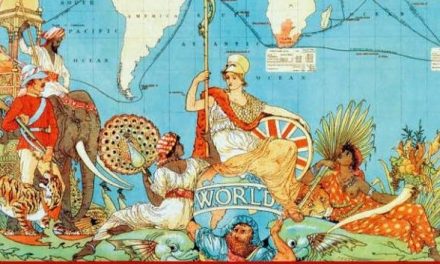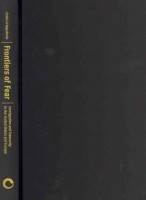 Editor: Ariane Chebel D’Appollonia
Editor: Ariane Chebel D’Appollonia
Publisher: Cornell University Press – 320 pages
Book Review by: Paiso Jamakar
This book focuses on the justification of governments in the United States and Europe for barring or excluding members of certain ethnic groups based on evidence that other members of such groups were terrorists. The shaping of immigration policy is influenced by such considerations.
Investigative and detective work on some 19 people responsible for the attacks – on New York’s World Trade Center towers on September 11, 2001, and other buildings during which nearly 3,000 people died – revealed that some 19 people who carried out the terrorist attacks were all Muslims and citizens of Saudi Arabia.
As a result, in the aftermath of the 9/11 attacks, the United States government began to look closely at everyone who flew in from Saudi Arabia and at Muslims (or those who looked like Muslims and therefore were potential terrorists) entering the U.S.
The book takes a look at the issue of protecting a country from terrorism versus violating the individual rights and freedoms of people. The author writes in her Conclusion:
“Liberal democracies are ideally required to provide efficient law enforcement while upholding civil rights and liberties in times of national emergency. In times of war this challenge has historically created a tension between protecting the state and protecting civil liberties.”
She gives examples when protecting the state took overrode individual rights and freedoms, as in the case of President Lincoln suspending the writ of habeas corpus during the Civil War, and the Supreme Court upholding the constitutionality of detaining Japanese Americans in World II.
But she contends that current U.S. government practices (more than a dozen years after the 9/11 attacks) in securing borders are not justified, because they:
- Include everyone coming in through U.S. airports from the Middle East, not just Muslims or people from Saudi Arabia. Included are also all everyone entering the U.S. through its borders, most particularly Mexicans
- Have no time limits. It is a conflict without an end and without limits: “the war on terror offers no comparable prospect of victory, no conclusion, and no prospect of comparable restoration of rights.”
Ms. Appollonia quotes former British Prime Minister Tony Blair as describing it as ‘a generational-long struggle.’ She adds: “if Blair is correct, then the clear implication is that the deprivation of civil liberties for immigration, and the racial stereotyping I have detailed in this book, will not abate.”
She writes that politicians instill widespread fear in the public to try to justify the suppression of individual liberties. But such suppression is dangerous to a free and well-functioning democracy. She points out “these practices (by the government) not only endanger democracy but undermine the legal and moral foundations of democracy: emerging alterations are difficult to reverse in the context of an unending war.”
She writes that even when political leaders partially restore some of the freedoms of people, the damage done to democracy is usually severe and long-lasting. Why? Because “the core principles of liberal democracies are perceived as revocable, malleable, and susceptible to a series of political pressures.” Perceived as such not only by the people, making themselves wield less power to change, but giving away more of their power to their leaders.
The Frontiers of Fear is advance warning to people that leaders often use the fear of terrorism and allegedly, the need to protect a country from terrorist acts, to justify widespread and wholesale suppression, and gradual erosion of individual liberties. The book can make you more vigilant in protecting your God-given and inalienable rights and freedoms.

